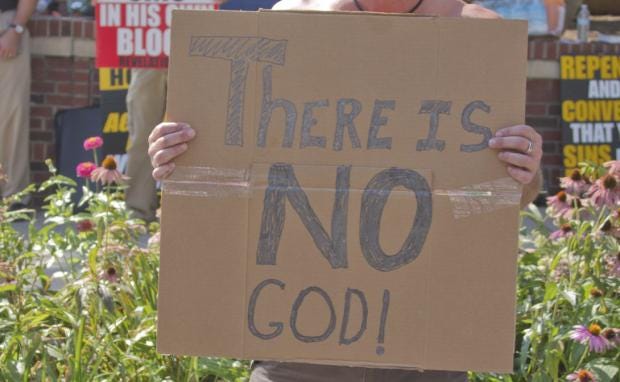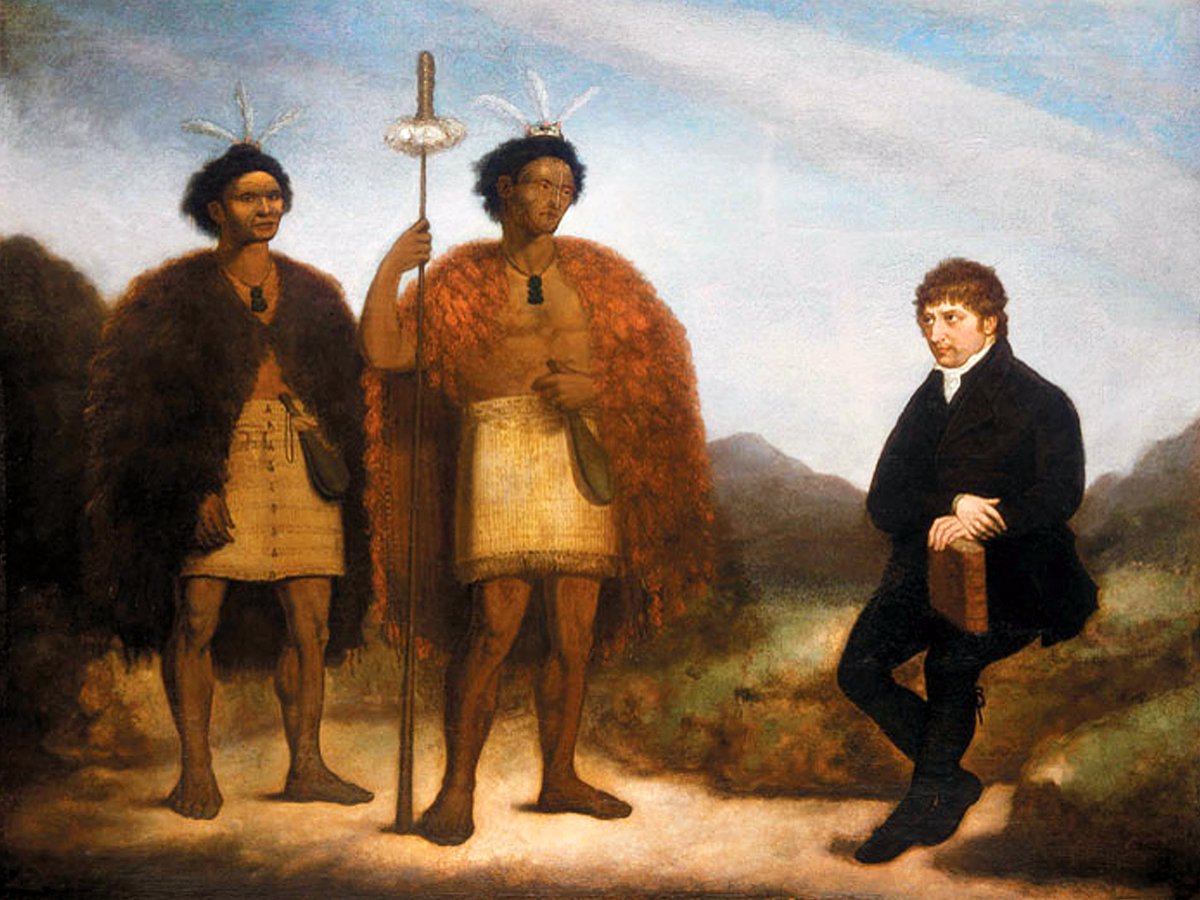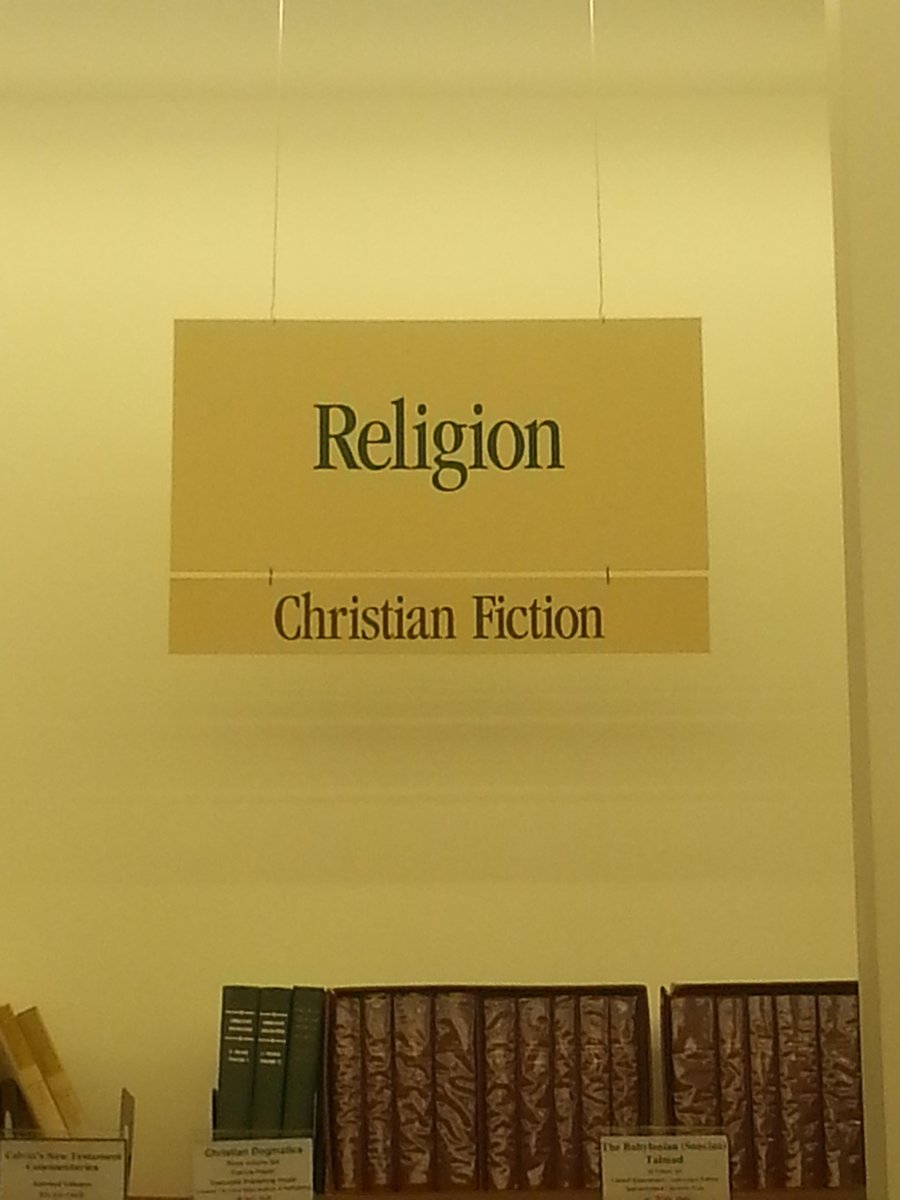"NO RELIGION IS THE NEW RELIGION...SHE SAID SHE DON'T BELIEVE IN G0D!" - Peter Dagampat Ph.D.
Belief in punitive supernatural agencies is one universal feature of religion. Another
is that most religions impose costs of some kind on membership. Some
religions demand tithes, some require donations of time, others ban
certain foods or working on certain days. Why do religions impose such
costs? And why do people join very demanding religions, such as
Mormonism or Orthodox Judaism, when softer options like the Episcopal
church are available?Religions impose costs on members, it seems, in order to deter people who seek to enjoy a religious community's benefits without contributing to its costs. Free riders can be highly corrosive to a community's cohesion. "Winter Shakers," who took food and shelter from Shakers but departed in the spring, were a heavy burden. But systems to monitor people's level of commitment and enthusiasm tend to destroy the property being measured. A better solution is to make religion costly to join, whether by fees, donation of time or requiring distinctive diet and dress.
Economists and anthropologists who have studied the question conclude that these costs serve several critical functions. By raising the cost of entry, a religious community excludes free riders and ensures that its members are committed. A high price of entry also raises the level of trust among its members, because by obeying all the required rules and taboos, congregants signal to one another that they have bought into the religion's moral code and can be relied on to behave accordingly. An extra benefit of distinctive dress or dietary habits is that members find it harder to associate with nonmembers and so devote more time to the community.
"If strictness increases costs, why should anyone join a strict church?" asked the economist Laurence Iannaccone. Many psychologists have sought to analyze strict religious behavior as if it were some kind of mental aberration. Applying the economic approach known as rational choice theory to church attendance in the United States, Iannaccone arrived at a quite different answer. "Strictness reduces free riding," he said. "It screens out members who lack commitment and stimulates participation among those who remain." Rational choice theory thus explains the success of sects, cults, and conservative denominations without resources to assumed abnormalities, irrationality, or misinformation."
There is an optimal level of strictness, Iannaccone observes. Many sects are too strict and fail. Others are not attractive to outsiders, and thrive only if they maintain high fertility and accommodate sufficiently to change. The Amish, an Anabaptist order with settlements in Ohio, Pennsylvania and Indiana, are an example of the latter strategy. They have high fertility and retention. They ban most new technology but allow telephones in public places, though not in homes, and let cars be hired but not owned.
For an injudicious adjustment of strictness, Iannaccone offers the example of the Catholic church, which relaxed many of its distinctive rules after the Second Vatican Council of 1962 but adhered to hard-line positions on birth control and the celibacy of priests. "The Catholic church may have managed to arrive at a remarkable, 'worst of both worlds' position - discarding cherished distinctiveness in the areas of liturgy, theology and lifestyle, while at the same time maintaining the very demands that its members and clergy are least willing to accept," Iannaccone writes.
The anthropologist William Irons came to much the same conclusion about the virtues of costliness. A religion, he noted, is "basically a commitment to behave in a certain way without regard to self-interest." The costly rituals enable members of a community "to monitor one another's commitments to the community and its moral code, thereby facilitating the formation of larger and better united groups."
A high degree of commitment was vital to the survival of groups that were locked into fierce competition with one another. Because religious commitments are more powerful than any other kind, "evolution has built into human beings a strong propensity to seek a religious orientation toward life and to hold this orientation to be of the highest value." Irons [Andy And Bruce Irons] wrote.
Biologists who study animal signaling have noted that cheap signals can be imitated and thus lose their value. Trustworthy signals are those that are very costly to produce and cannot be counterfeited. Only very healthy peacocks can afford to grow a magnificent tail, so peahens can rely on this signal in choosing mates. When Thompson's gazelles spot a leopard, some will jump up and down in a conspicuous movement known as stotting, instead of just running away. The true signal of fitness advertises to the leopard that it needn't waste its time and would do better to hunt some less healthy gazelle.
The signals, it should be noted, are symbolic, and they convey their message far more effectively than could mere words. A man may say "You can trust me!" but greatly more credible is his participation in whatever rituals are required by the group's religion.
The members of a Jewish sect in Israel known as the Haredim continue to wear the thick black coats and fur hats of their eastern European homeland. "By donning several layers of clothing and standing out in the midday desert sun," writes the anthropologist Richard Sosis, "these men are signaling to others, "Hey! Look, I'm a Haredi Jew. If you are also a member of this group, you can trust me because why else would I be dressed like this? Only a lunatic would spend their afternoon doing this unless they believed in the teachings of Ultra-Orthodox Judaism and were fully committed to its ideals and goals."
Because of trust among group members, not only is the problem of free riders eliminated, but members benefit from mutual help. During his study of Haredi communities, Sosis notes, he often saw Haredi travelers being offered free meals, lodging and rides by Haredi hosts who did not know them. "On several occasions I witnessed cars being loaned to complete strangers, and interviews revealed a surprising number of interest-free loans offered and accepted between people who had previously not known each other."
Trust and cooperation of this strength are invaluable. It is easy to imagine that cohesiveness of this kind could make a critical difference for small groups constantly at war with one another. Irons, for one, believes that this aspect of religion has been too little appreciated by skeptics because of their focus on religious texts and beliefs rather than on ritual. He writes, "The theory of religion as it applies to commitment emphasizes the vital importance of religion to most human communities and the fundamental [role] that religion plays in the lives of most human beings. The theory also suggests that the core of religion is not belief (which most scientists and intellectuals are prone to criticize), but rather, for the most part, commitment to socially constructive behavior."
Given the costliness of religious behavior, and its salient role in determining a primitive society's ability to deal with foes both internal and external, the forces of natural selection seem very unlikely to have ignored it. If religious behavior offered no benefit, groups that wasted time and resources this way would have been eliminated by groups that did not bear such a handicap in the struggle for survival.
The Faith Instinct: How Religion Evolved and Why it Endures. Wade, p. 58-61
I'll BREAK THIS DOWN LATER. BUT READ IT AND TRY TO APPLY THE
CONCEPT OF COSTLY SIGNALING TO MORMON MISSIONS, ISLAMIC HAJJ, AND OTHER
RELIGIOUS RITES OF PASSAGE OR RITUALS THAT PLACE DEMANDS AND COSTS OF
TIME, MONEY, AND ENERGY ON ITS MEMBERS TO TEST THEIR FIDELITY AND
COMMITMENT TO THE RELIGION.
"When a group's fundamental tenets are at stake, those who chant the loudest or clench their eyes the tightest in the face of conflicting evidence earn the most trust from their fellow group members."
Elephant in the Brain by@KevinSimler & @robinhanson
Elephant in the Brain by
I'm At CSULB (This Was In June Of This Year (2015)) Surrounded By A Group Of Muslim Girls In Hijabs And Veils. Why Do They Wear This Shit? I Told You Why On My $1 Blog. To Demonstrate Their Conformity To The Beliefs And Ideology Of Their Peer Group (Muslim Peers) As Well As Distinguish And Differentiate Themselves From The CSULB Infidels! By Wearing That Shit They're Saying, "We're Righteous, Upright Followers Of Allah, The One TRUE GOD, And Committed Adherers Of His Religion Unlike You Heathens."This Is How They Gain A Sense Of Identity And Purpose!
THE IRONY ABOUT THESE MUSLIM NUTS IS THAT THEY LIVE IN AMERICA, ATTEND AMERICAN SCHOOLS, WORK IN AMERICAN INDUSTRIES, BUT, FOR THE MOST PART, ARE ANTI-AMERICAN! HOW UN-AMERICAN!
https://instagram.com/p/0_djWqySYq/?taken-by=chrisryanphd
https://www.youtube.com/watch?v=8KdQ7Gig770
When I See Or Interact With These Muslim Nutcases I Think Of Dustin Hoffman In The Above Film Selling Weapons In The Desert (Find That Part Of The Film). ALHAMDULILLAH
THE IRONY ABOUT THESE MUSLIM NUTS IS THAT THEY LIVE IN AMERICA, ATTEND AMERICAN SCHOOLS, WORK IN AMERICAN INDUSTRIES, BUT, FOR THE MOST PART, ARE ANTI-AMERICAN! HOW UN-AMERICAN!
https://instagram.com/p/0_djWqySYq/?taken-by=chrisryanphd
https://www.youtube.com/watch?v=8KdQ7Gig770
When I See Or Interact With These Muslim Nutcases I Think Of Dustin Hoffman In The Above Film Selling Weapons In The Desert (Find That Part Of The Film). ALHAMDULILLAH
http://evolutionofgod.net/excerpts_chapter3
I'll ADD MORE EXCERPTS FROM THIS BOOK LATER. AND THEN I'll EXPLAIN WHY POLYNESIANS ARE SO RELIGIOUS.
https://sites.google.com/site/samoanvoice/cu/from-darkness-to-light

In my New York debate on "Is Christianity the Problem?" with Christopher Hitchens - a lively affair, against a resourceful opponent - one of the most interesting questions came from a man from the island nation of Tonga. For centuries, the man said, Tonga suffered from terrible vendettas, tribal wars, and even cannibalism. Then the missionaries came with their doctrines of God, universal brotherhood, and the afterlife. Today, the man said, Tonga is a much more peaceful and happy place. Then turning to Hitchens he said, you have given us some interesting theories, but what do you have to offer us? Hitchens was momentarily speechless. What struck him and the audience was the sheer simplicity of the question. The man wasn't debating the fine points of doctrine; he just wanted to know, at the end of it all, which approach made things better for him and his people...
"TAKE ONE UH MINE AND IMMA TAKE 3 UH YOs" - MR. KANE
"An Eye For An Eye Nigga! S. B00G & WY Nigga!" - The Relativez Girl
Life After Death: The Evidence. D'Souza, p. 185-186I'LL ANSWER THE QUESTION FOR MR. HITCHENS SINCE HE'S NO LONGER HERE TO ANSWER IT FOR HIMSELF. HE (MR. HITCHENS), ALONG WITH MOST SCIENTISTS AND ACADEMICIANS, GAVE THEM THE TRUTH. HE GAVE THEM THE SCIENTIFICALLY PROVEN FACTS ABOUT THE WORLD, LIFE, AND HUMAN NATURE. HE GAVE THEM THE REALISTIC PERSPECTIVE OF A WORLD DEVOID OF GOD CREATED BY A COMBINATION OF THE PHYSICAL PROPERTIES OF THE UNIVERSE, HAPPENSTANCE (RANDOM OCCURRENCES), AND EVOLUTION. HE GAVE THEM THE TRUTH, WHICH IS THE POLAR OPPOSITE OF THE FICTITIOUS, MYTHICAL BIBLICAL STORIES THAT CHRISTIANS GAVE THEM WHICH BEAR LITTLE RESEMBLANCE TO HISTORICAL AND EVOLUTIONARY REALITY AND AREN'T BACKED BY SCIENTIFIC FACT (THE BIBLE IS COMPOSED OF A NUMBER OF UNTRUTHS AND RELIGIOUS TENETS ARE A SET OF OUTDATED BELIEFS SUITED FOR AN ARCHAIC TIME AND AN ARCHAIC MIND. YOU CHRISTIANS, LIKE ALL RELIGIOUS PEOPLE, CONTINUE TO BELIEVE THIS NONSENSE BECAUSE YOU EVOLVED TO BELIEVE THIS NONSENSE. IT WAS ADAPTIVE TO BELIEVE THIS NONSENSE IN OUR EVOLUTIONARY PAST.)
New paper on the importance of population size and structure in the spread of Christianity: https://rdcu.be/3okx @NatureHumBehav

FICTION! THAT'S WHAT THE BIBLE CONSISTS OF!




